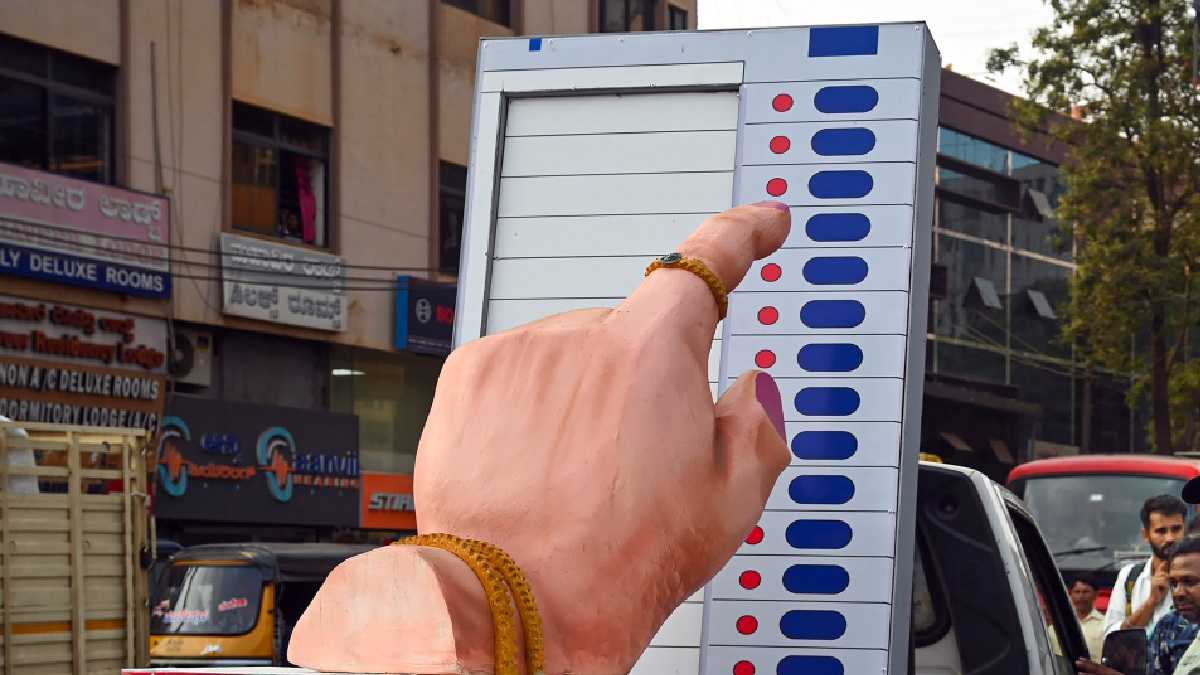Ear tubes do not aid child development-US study
BOSTON, Jan 18 (Reuters) For decades, surgeons inserted ear tubes in children to restore hearing that was lost because of fluid lingering in the middle ear.
The goal was to prevent developmental abnormalities, including problems with behavior and speech, in children whose hearing had been impaired.
But a new long-term study challenges that practice, saying it does nothing to help most youngsters with fluid-filled ears develop normally.
In a study to be published in the New England Journal of Medicine today, researchers from several institutions studied hundreds of otherwise-healthy children up to 11 years old in the Pittsburgh area. They tested the benefits of a procedure that once was the second-most common surgery in the United States and found none.
Even when it doesn't cause pain, an ear infection can cause fluid to build in the middle ear, muffling hearing. Because hearing is essential to speech development, doctors and parents worried that persistent middle ear infections could cause developmental problems.
In the treatment, the fluid is drained and ''ventilation'' tubes are surgically inserted to keep more fluid from accumulating.
To be eligible for the study, a child needed to have fluid in one ear for least 135 days, or fluid in both ears for 90 days or more, despite antibiotic treatment.
Half received the tubes immediately. The rest waited -- six months if both ears were blocked and nine months if just one ear remained blocked.
A decade into the study, the 196 toddlers who waited six to nine months scored just as well in literacy, attention, social skills and academic achievement as 195 who had the surgery right away, according to the study Researchers said the decision to wait to implant the tubes had no effect on a child's performance on language tests and speech tests.
SOME EXCEPTIONS But the study's chief author told Reuters that the findings do not mean the tubes are never necessary.
''There's a subgroup of children with frequent ear infections who are not easily handled medically'' with drugs, said Jack Paradise of the University of Pittsburgh. If there's pain, it can create big problems for youngsters and their families ''and those are candidates for tubes.'' Paradise said the tubes might help children with persistent painful infections, extreme hearing loss or those whose ears remain blocked for more than nine months.
''However, such children are seen infrequently in general clinical practice,'' the researchers said.
The study did not look at children whose treatment was delayed more than nine months and thus didn't address what the results would be for longer delays.
The latest findings in combination with earlier studies that produced similar results provide ''convincing evidence that persistent middle-ear effusion in otherwise normal children does not cause developmental impairments,'' said the University of Colorado School of Medicine's Stephen Berman in an editorial that accompanied the study.
Similar findings released in 2001 by the Paradise team led three medical organizations, including the American Academy of Family Physicians, to adopt a wait-and-see recommendation when children's ears become blocked.
A few years ago, about 1 million children in North America were receiving the tubes each year.
Reuters
SP
GC0934


 Click it and Unblock the Notifications
Click it and Unblock the Notifications




